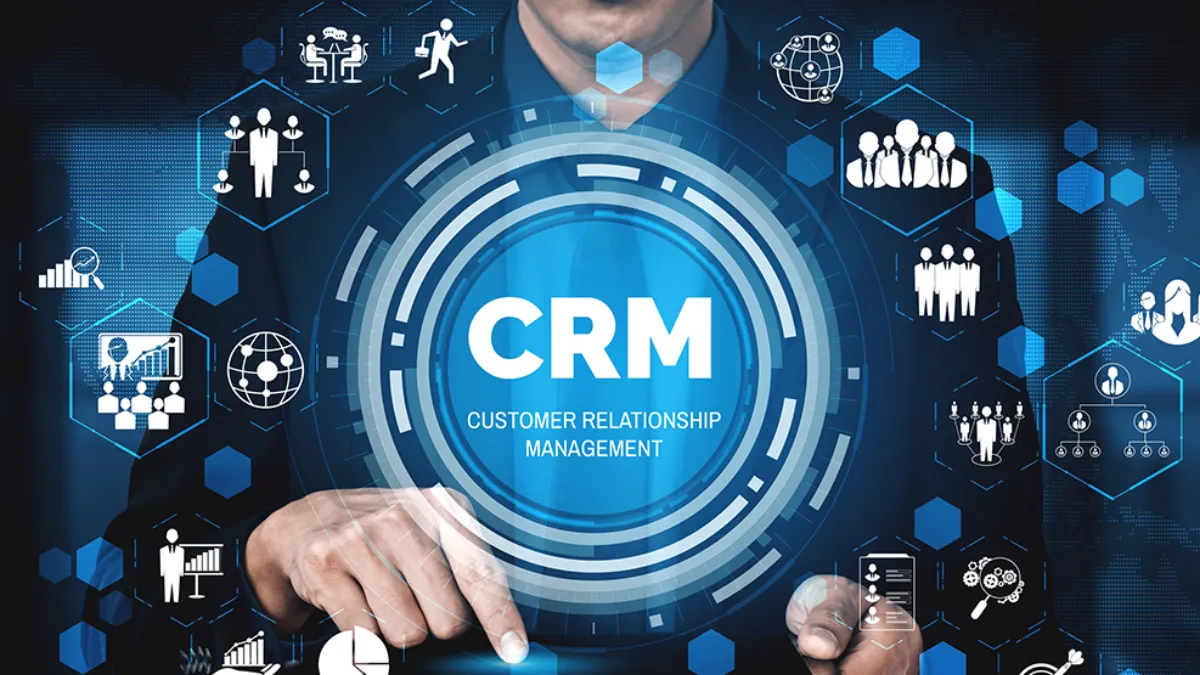Customer Relationship Management (CRM) software has become a cornerstone for businesses aiming to streamline their operations, enhance customer satisfaction, and boost revenue. However, the CRM solution that works for a retail chain might not fit a law firm or a healthcare provider. Every industry has its own needs, customer behavior patterns, compliance requirements, and workflow complexities. So, how do you choose the best CRM software tailored to your specific industry?
Let’s explore the critical factors to consider, industry-specific features to look out for, and top CRM software options for different sectors.
Understanding Your Industry Needs
Before diving into features and pricing, it’s essential to analyze your industry’s unique requirements. Start by asking:
- What is your sales cycle like?
Is it short and transactional or long and relationship-driven? - What are the common touchpoints with your clients?
Do you engage customers mostly through email, phone, social media, or in-person? - Do you need integrations with other industry tools?
For example, a real estate firm may need CRM integration with property listing platforms, while a medical practice might require EHR (Electronic Health Record) compatibility. - Are there compliance or data security regulations?
Industries like finance and healthcare must follow strict data protection guidelines.
Understanding these specifics will help narrow down your CRM choices significantly.
Key Features to Look for by Industry
Retail and E-commerce
- Inventory and order tracking
- Customer purchase history
- Loyalty program integration
- Personalized marketing automation
Top Picks: Shopify CRM, Zoho CRM, Salesforce Commerce Cloud
Real Estate
- Lead management with source tracking
- Property listings integration
- Task automation for follow-ups
- Calendar sync for property showings
Top Picks: HubSpot, Follow Up Boss, LionDesk
Healthcare
- HIPAA-compliant data storage
- Appointment scheduling
- Patient engagement tracking
- EHR integration
Top Picks: Salesforce Health Cloud, Kareo, SimplePractice
Finance and Insurance
- Secure document management
- Policy and portfolio tracking
- Regulatory compliance features
- Risk profiling tools
Top Picks: Zoho CRM for Finance, Redtail, Wealthbox
Education
- Student lifecycle management
- Communication tracking with parents and students
- Custom workflows for admissions
- Fee tracking and reminders
Top Picks: Salesforce for Education, Blackbaud, Campus Management
Cloud vs. On-Premise CRM
Another major decision is choosing between cloud-based or on-premise CRM:
- Cloud-based CRM is accessible from anywhere and easier to scale. It is ideal for growing businesses and remote teams.
- On-premise CRM provides full control over your data and is preferred by industries with strict data governance needs, like defense or banking.
Ease of Use and Customization
The best CRM for your industry should be intuitive and highly customizable. Your team shouldn’t spend weeks learning the system. Look for:
- Drag-and-drop tools
- Easy dashboard customization
- Workflow automation
- Mobile compatibility
Scalability and Support
Choose a CRM that grows with your business. Whether you’re onboarding new departments or scaling to multiple regions, your CRM should adapt effortlessly.
Also, don’t underestimate the importance of strong customer support. 24/7 help, onboarding sessions, and training material can make or break the experience.
Conclusion
The “best” CRM isn’t a one-size-fits-all solution—it’s the one that fits your industry, workflow, and growth plans. Evaluate your goals, match them with CRM features that matter most in your field, and prioritize user experience and scalability. With the right CRM, your business won’t just manage relationships—it will thrive on them.
